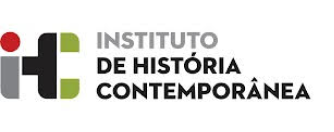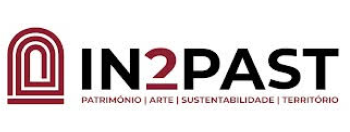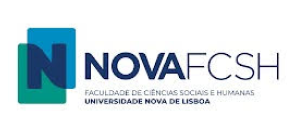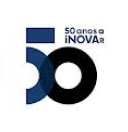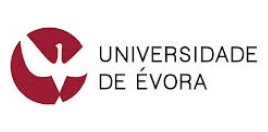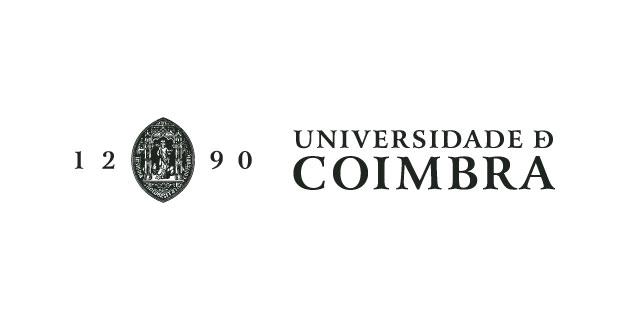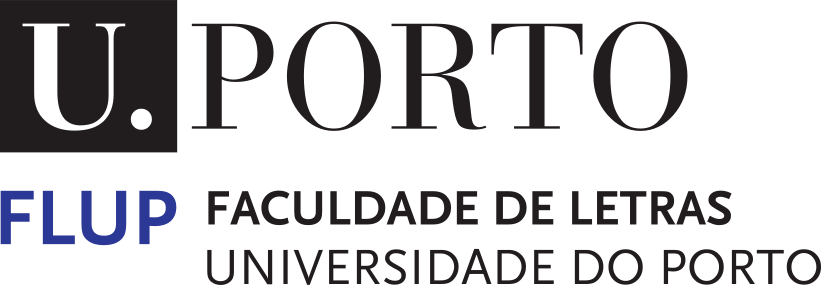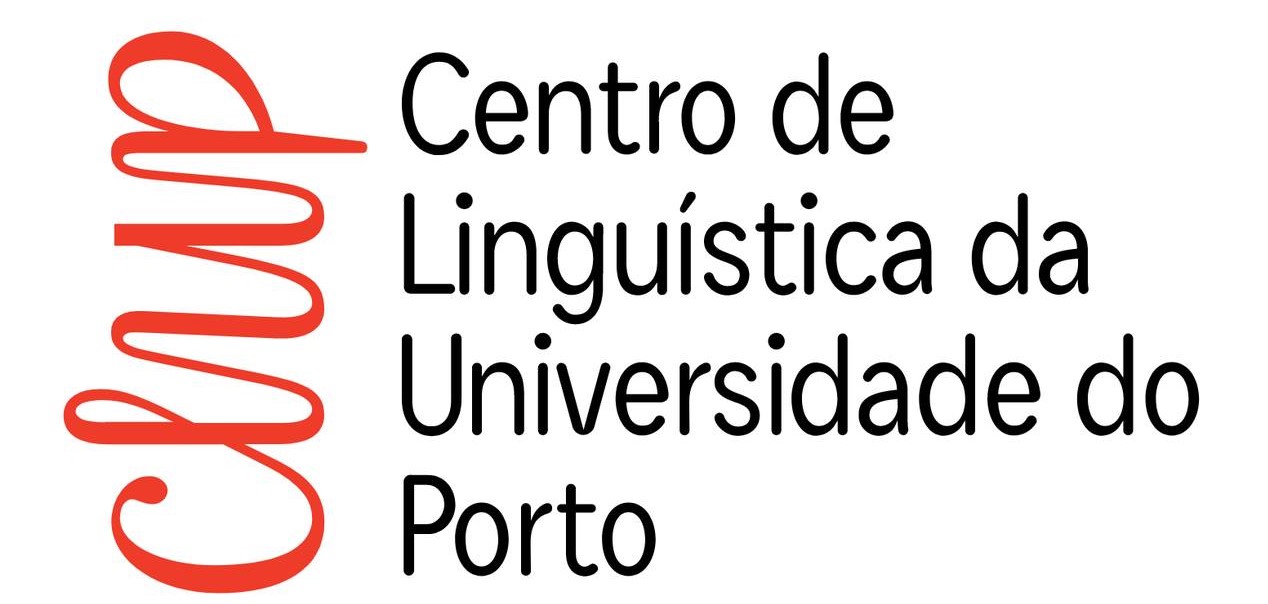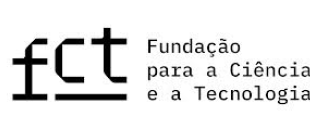The paper ‘Armando de Lacerda and the Coimbra Phonetics Laboratory, 1930–1979: Cross-National Mobility and Exchange in a Global Context’, by Quintino Lopes, Francisco de Lacerda, and Ana Simões, was the winner of the 2025 edition of the A. H. de Oliveira Marques Prize for Portuguese History.
Published in Centaurus, the Journal of the European Society for the History of Science, the article recounts the history and impact of the Experimental Phonetics Laboratory of the University of Coimbra, considered one of the most advanced in Europe and which was in operation between 1936 and 1979. ‘Due to a fragile (and increasingly hostile) institutional environment’, the laboratory was unable to reproduce the skills of its founder, Armando de Lacerda, at a local level. On the other hand, ‘it acted as the springboard for fruitful careers, and for the establishment of new laboratories that nurtured successive generations of experts’ at international level.
The jury considered that the article presented a ‘compelling narrative’, using a wide variety of sources that allowed the authors to explore ‘the political and scientific dimensions that shaped’ the local creation of the lab ‘and global relevance for the interdisciplinary field of phonetics’. They also added that it shed ‘light on a little-known but historically relevant case study’ and that it made ‘a significant contribution to the history of phonetics as an interdisciplinary field and, more broadly, to Portuguese history and the history of science and technology’.
The A. H. de Oliveira Marques Prize is awarded biannually by the Association for Spanish and Portuguese Historical Studies (ASPHS). This year’s jury included Ana Rita Amaral (Utrecht University), Nuno Castel-Branco (University of Oxford) and Ernst Pijning (Minot State University). It was announced during the 54th ASPHS Annual Meeting, which took place at the University of Maryland (USA) between 5 and 8 June.
The paper ‘Armando de Lacerda and the Coimbra Phonetics Laboratory, 1930–1979: Cross-National Mobility and Exchange in a Global Context’ was the winner of the 2025 edition of the A. H. de Oliveira Marques Prize for Portuguese History


